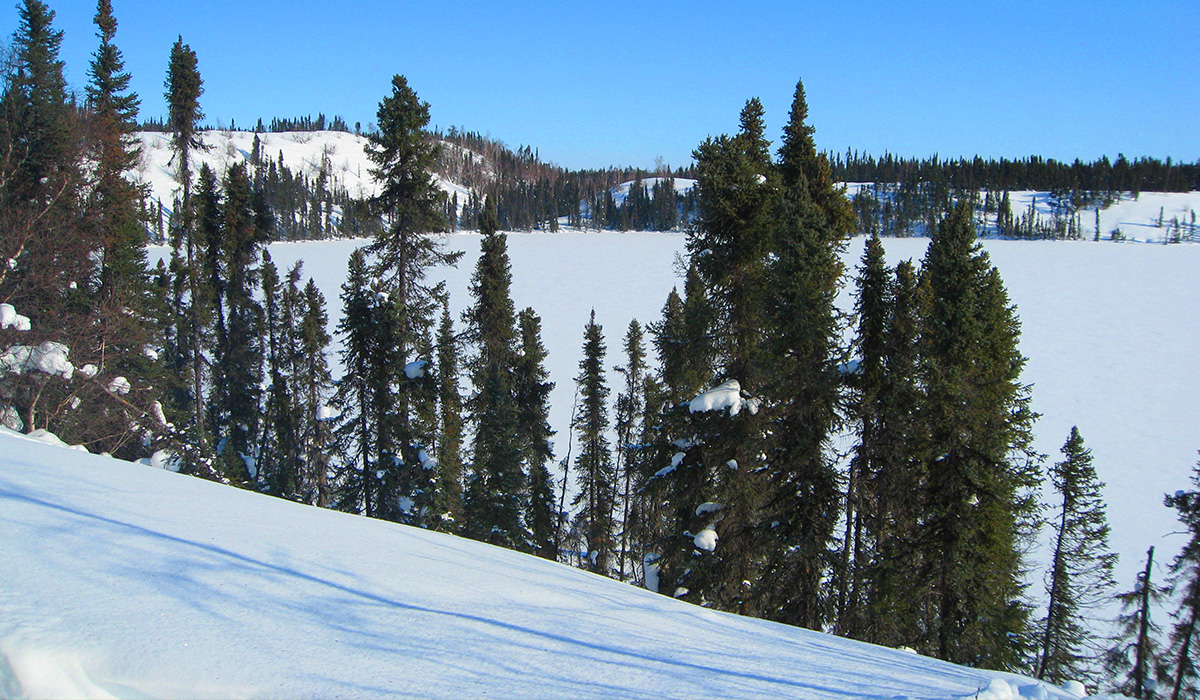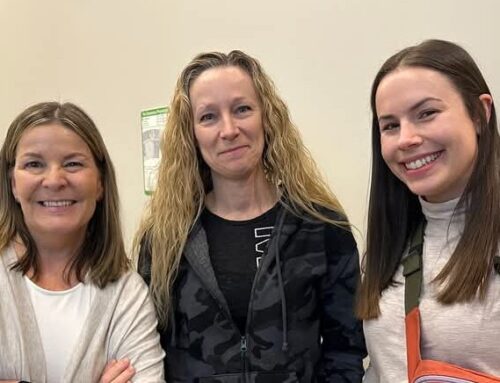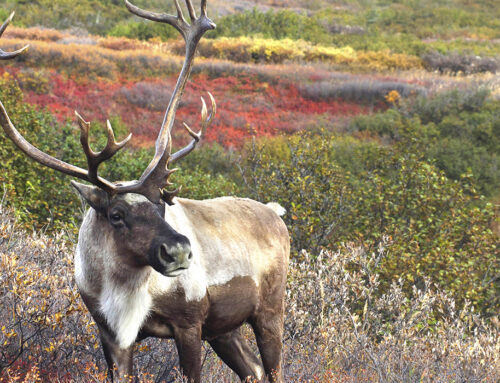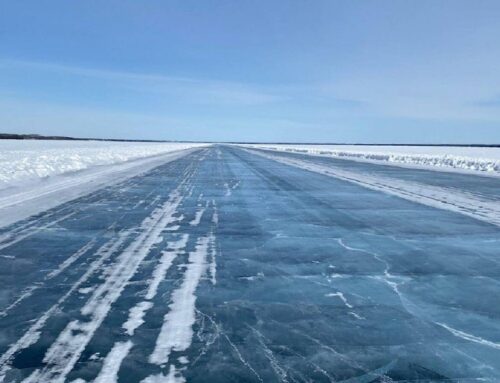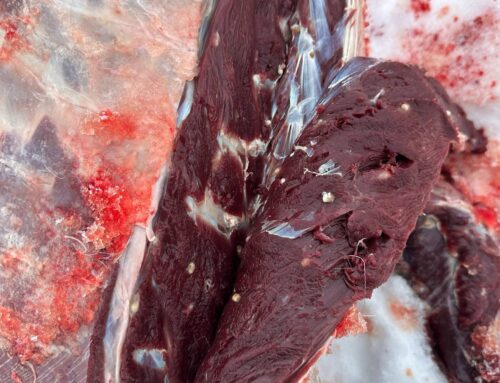May 22, 2013 – The Beverly and Qamanirjuaq Caribou Management Board (BQCMB) remains deeply concerned about Anconia Resources’ exploration activities at Victory Lake in the heart of the Qamanirjuaq calving ground, approximately mid-way between Arviat and Baker Lake, Nunavut. The Board opposes any exploration or development on caribou calving grounds.
This reaction by the BQCMB stems from its May 7-9 meeting in Fort Smith, Northwest Territories, during which the President of Anconia Resources, Jason Brewster, presented information to the BQCMB on its 2012 exploration activities and plans for continuing work in 2013. The project had received a one-year Inuit land use license from the Kivalliq Inuit Association (KIA) in May 2012 and a two-year federal land use permit from Aboriginal Affairs and Northern Development Canada (AANDC) in February 2013. KIA recently issued a renewal to Anconia authorizing work on the calving grounds for another year.
The BQCMB warns that Anconia’s exploration in the calving grounds could result in significant impacts to Qamanirjuaq caribou through disturbance accumulating over time. If Anconia’s exploration work provides favourable results and they or others pursue development of a mine, impacts on the caribou herd could escalate.
Assurances from Anconia that it will meet or exceed permit conditions did little to alleviate Board members’ concerns, including a need for full community consultations, inadequacy of Caribou Protection Measures, and potential impacts on caribou and habitat.
The Board is not alone in its reaction to Anconia’s project at Victory Lake or opposition to all exploration and development on caribou calving grounds. As evidence that the concern is widespread, BQCMB Chair Earl Evans cites resolutions from the Hunters’ and Trappers’ Organizations (HTOs) of Baker Lake, Arviat, and Chesterfield Inlet, as well as a resolution of the Kivalliq Wildlife Board (KWB) that was passed unanimously by all seven members, and a subsequent letter of support from the Qikiqtaaluk Wildlife Board (QWB) from Nunavut’s Baffin Region.
The Athabasca Denesuline of northern Saskatchewan and the Manitoba Denesuline have also requested that the permits issued to Anconia be cancelled. In their October 2012 letter to AANDC, the Athabasca Denesuline stressed that under no circumstances “should calving grounds ever be explored/developed/ disturbed in any way.”
“These organizations have taken strong positions because this project threatens their livelihoods,” Evans says. BQCMB meeting guest and harvester from Arviat, Leo Ikakhik, agreed. “This area is where our country foods are grown, where our hearts are. Any damage or disruption hurts us.”
“The Board has taken the position of no development on calving grounds,” added Florence Catholique, BQCMB alternate member representing Lutsel K’e Dene First Nation. “We have the interests of a lot of people at heart. Our concerns are for the caribou, the Dene people, and future generations.”
Evans is frustrated and concerned that the long-standing position against exploration and development on calving grounds held by the BQCMB and many other organizations continues to be disregarded. However, he is encouraged by the solidarity seen amongst organizations across the caribou ranges. “Our voices are stronger when we speak together,” he said.
-30-
For more information, contact:
Ross Thompson BQCMB Executive Director
Phone: (204) 467-2438
E-mail: rossthompson@mymts.net
